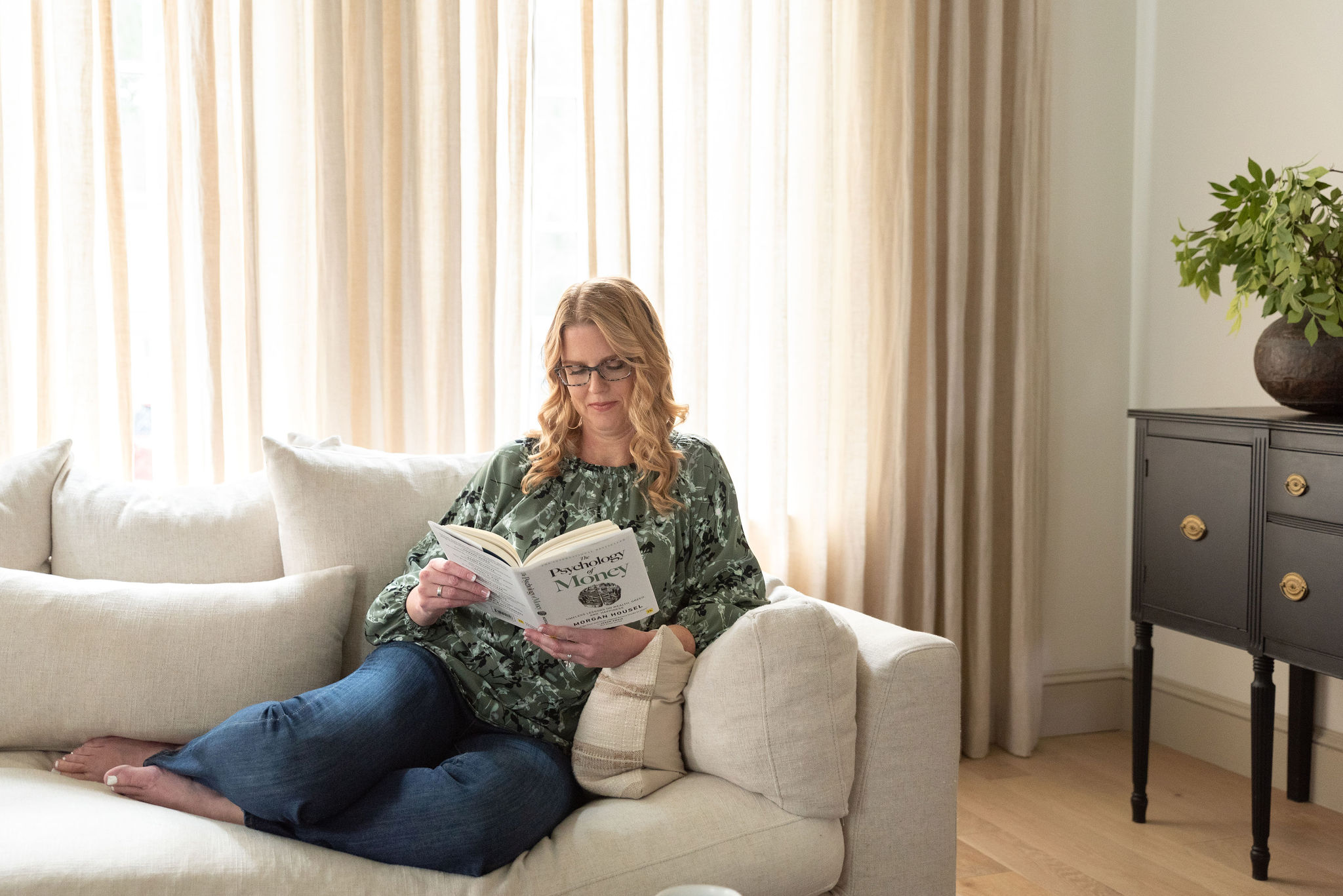Last night, my husband and I went out for dinner. Lately we have been trying to eat healthier, with smaller portions, and cook meals at home (not only healthier, but better for our budget!). The juicy burgers with bacon and loaded fries on the menu were too hard to resist. And of course, they were delicious, and we enjoyed every bite. The result: eating WAY too much and then regretting it later. Overindulgence. Sound familiar? Sometimes it’s easy to also do this with our money: it’s what I call “crash budgeting”.
“Too Restrictive”
First of all, budgeting in general gets a bad rap. The first thing people think about is, “it’s too restrictive”, or “if I’m on a budget, I can’t do anything fun.” If you do it right, budgeting is neither of those things. There are some financial gurus out there that try to tell people the only way to… (get out of debt, become rich, etc etc) is to live on beans and rice and cut everything that is not completely essential out of your budget. I don’t know about you, but that sounds miserable. Who would want to do that?
Maybe you are super focused and motivated to pay off your debt, so you start crash budgeting. Maybe it works for a short period of time, and you pay off some debt. But when you pay it off, what do you do? You go eat the juicy burger with bacon and loaded fries (figuratively speaking). People don’t like restrictions. So once the restrictions are removed, what do they do? They overindulge. They pull out that credit card and buy all the things they were holding off buying, and now guess what: they are right back in debt again. Why? Because “crash budgeting” is not sustainable.
It’s How the Brain Works
Very few people have the discipline to maintain those types of restrictions for the long term. But I would also argue that even if you could, is that a good idea? There is some truth in sacrificing in the short term to have long term gains. However, life is also about living, and no one is promised a “long term”. You want to still be able to enjoy today! You see this scenario played out in many forms:
Dieting – you want a quick fix, so you jump on the latest dieting craze. It helps you hit your goal of losing 10 lbs in a month. But what happens after that? You can’t sustain the restrictions, so you go back to what you were doing and you gain it all back = crash dieting.
Working out – you decide you’re going to start working out, so you go all out. You’re getting up at 5am and working out every day. After a while, you start to see great results, but you can’t keep up that level of rigor. It starts to get too difficult to maintain, and so you quit. As a result, you go right back into your old habits = crash exercising.
A Better Budget
A better way to look at budgeting is that it’s about creating a sustainable spending plan. It gives your spending a roadmap. You get to decide where it goes and what your spending priorities are. If you have debt, yes you want to create a plan to pay that off. Would you pay it off faster by crash budgeting? Perhaps. But in my opinion, it is not worth the risk of you going right back into debt once the restrictions are lifted. You have to create a plan that you can live with for the long term. One where it changes your money mindset, so you no longer have to fight against those old spending habits. You will create new ones that are easy to maintain.
Start Budgeting in 5 Steps
- Track all your household spending for 30 days and put it into categories.
- Determine how much is spent on food, entertainment, clothes, etc.
- Add up your total income for the 30-day timeframe.
- Are your expenses higher than your income? If yes, you first need to get that in balance. Either look to increase your income or decrease your expenses.
- Review your spending categories and decide if you’re satisfied with the results. Are you truly spending your money on the things that you value the most? Or maybe you need to reallocate some of that spending to align with your priorities. As an example, instead of spending $500 on clothes each month, maybe you decide you want half of that money to go into a vacation fund so you can save up for a trip next year.
It’s not about crash budgeting. It’s all about creating a plan that is sustainable and one that you can comfortably live with for the long term. It’s about getting control of your money by understanding where it is going and redirect it to the areas that are the highest priority for you. If you need help, reach out. You’ve got this!
